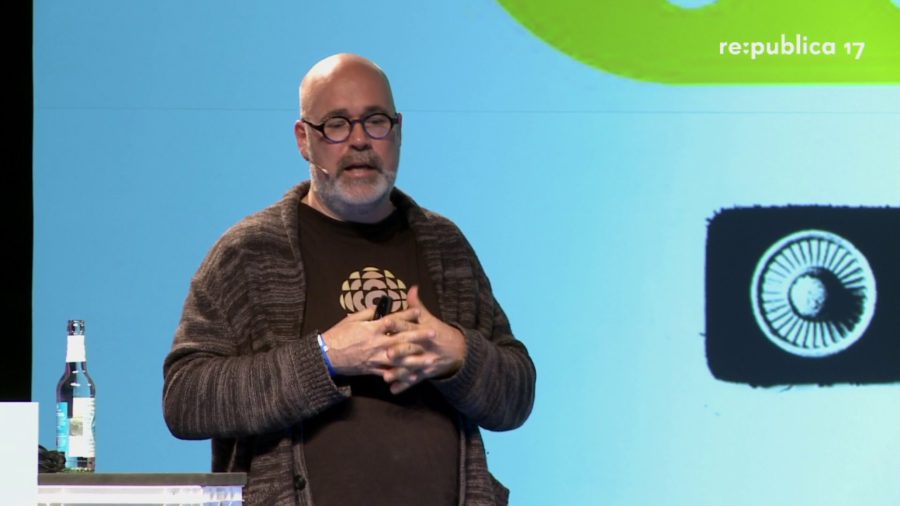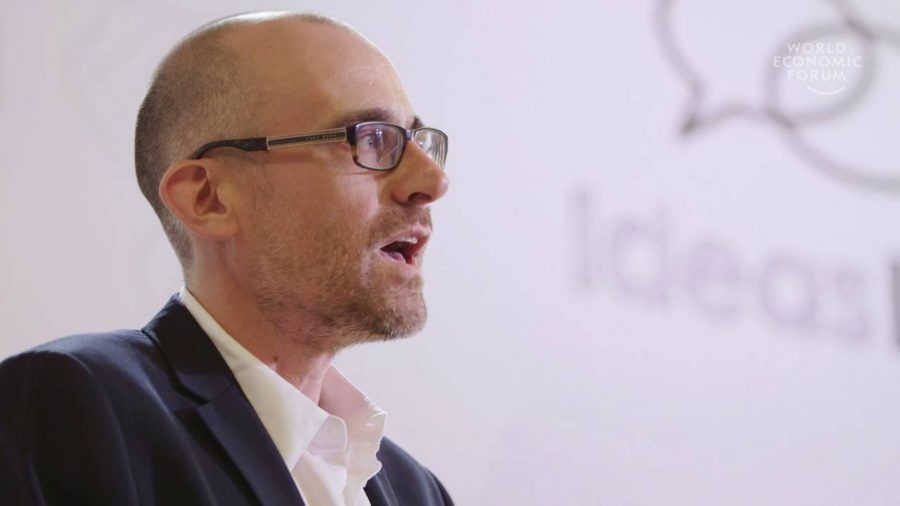One of the most important insights that I’ve gotten in working with biologists and ecologists is that today it’s actually not really known on a scientific basis how well different conservation interventions will work. And it’s because we just don’t have a lot of data.
Archive

This is a moment to ask as we make the planet digital, as we totally envelop ourselves in the computing environment that we’ve been building for the last hundred years, what kind of digital planet do we want? Because we are at a point where there is no turning back, and getting to ethical decisions, values decisions, decisions about democracy, is not something we have talked about enough nor in a way that has had impact.

Cities form a vast global network connected by flows of energy, food, information. This global network is the challenge of the 21st century. How do we make more sustainable cities, with smaller ecological footprints and more equitable human wellbeing?
Everything we know about biological sciences, medicine, agriculture, disease, whatever, is based on studying one example of life. Life on Earth. Life as we know it. If we find another example that’s different, a second genesis, and independent origin of life, comparing those two might enable us to answer questions that we would never be able to answer if we only had one example to study. That could provide practical benefits for humans as well as better understanding of how to manage ecosystems, etc.
Although our ultimate goal is protecting biological diversity on the land and protecting the integrity of these natural communities, the strategic way to get there is to prevent these ranches from being sub-divided. And it turns out the issue that these ranches are having, you know, they get together and talk and say, “Wow our neighbor over here sold out and that ranch got sub-divided…” every time that happens, it puts pressure on the remaining ranchers who want to stay in ranching.

